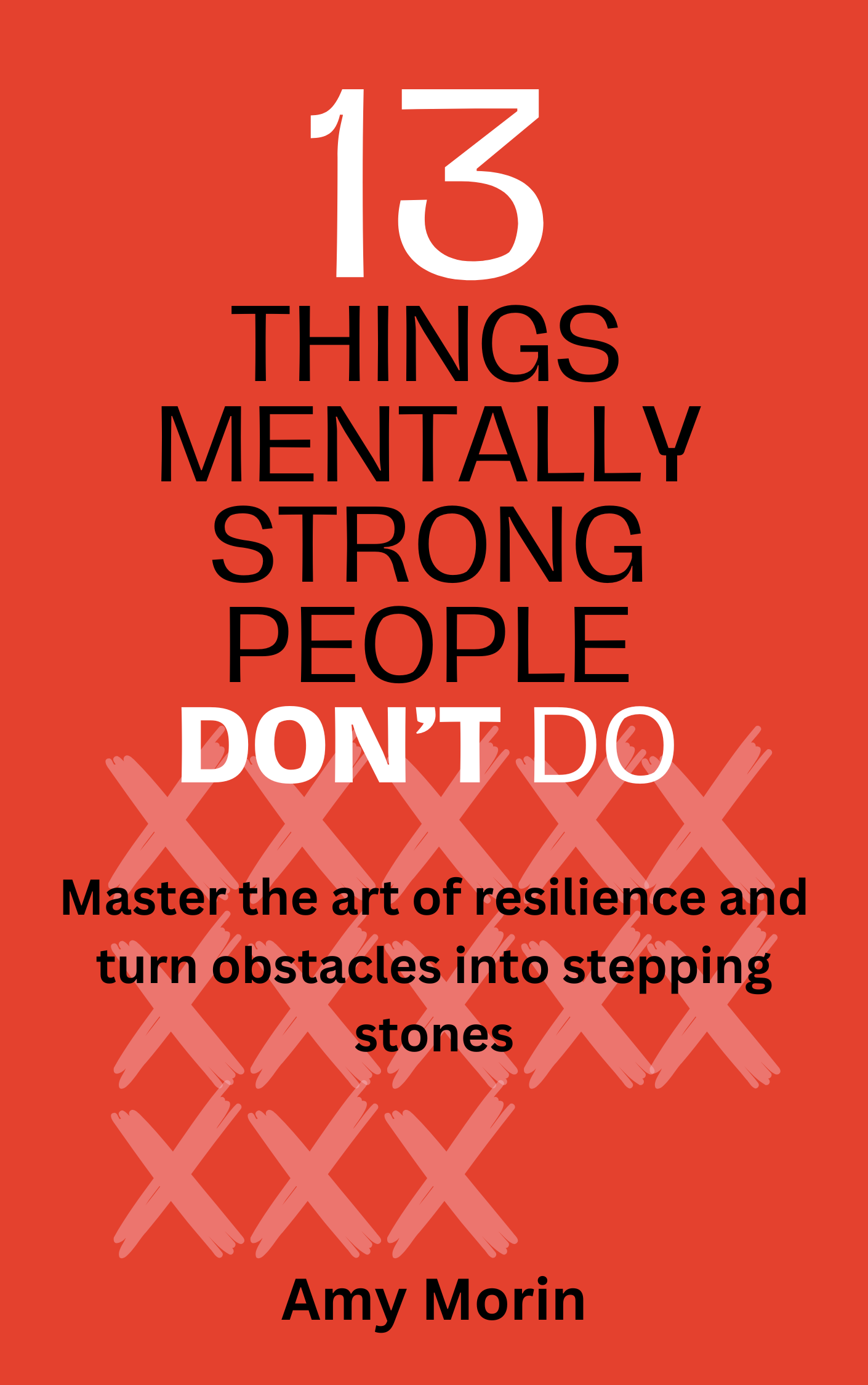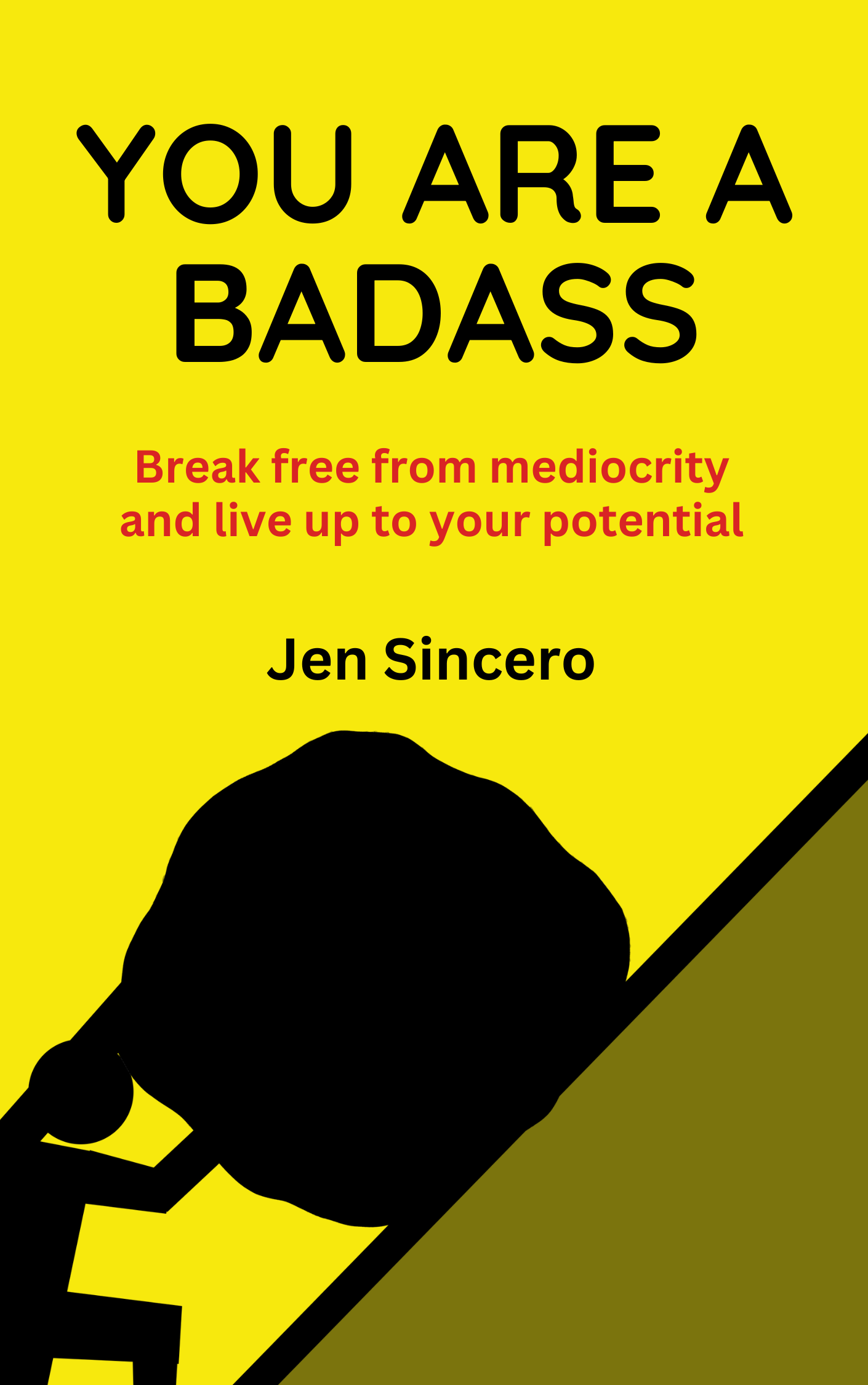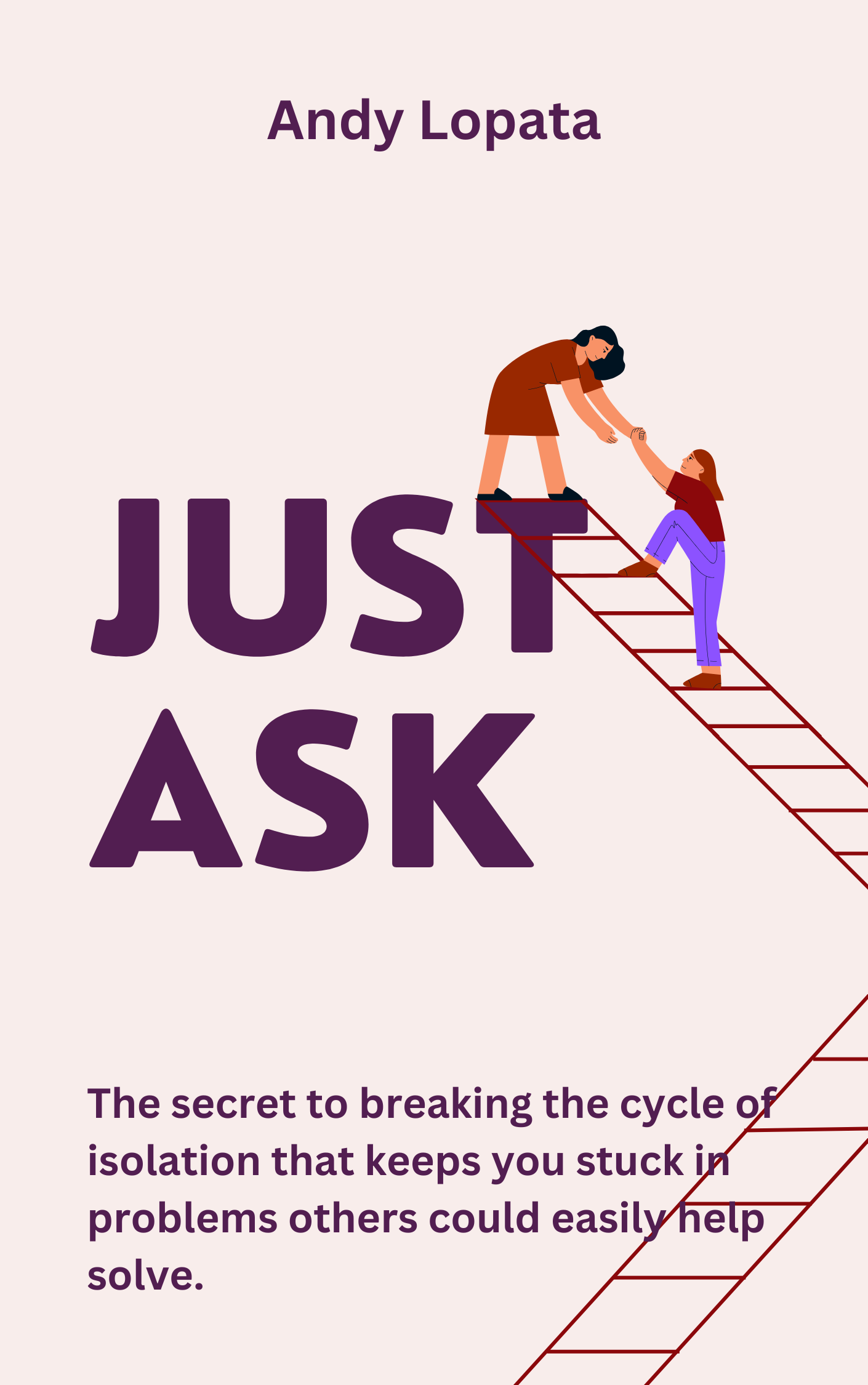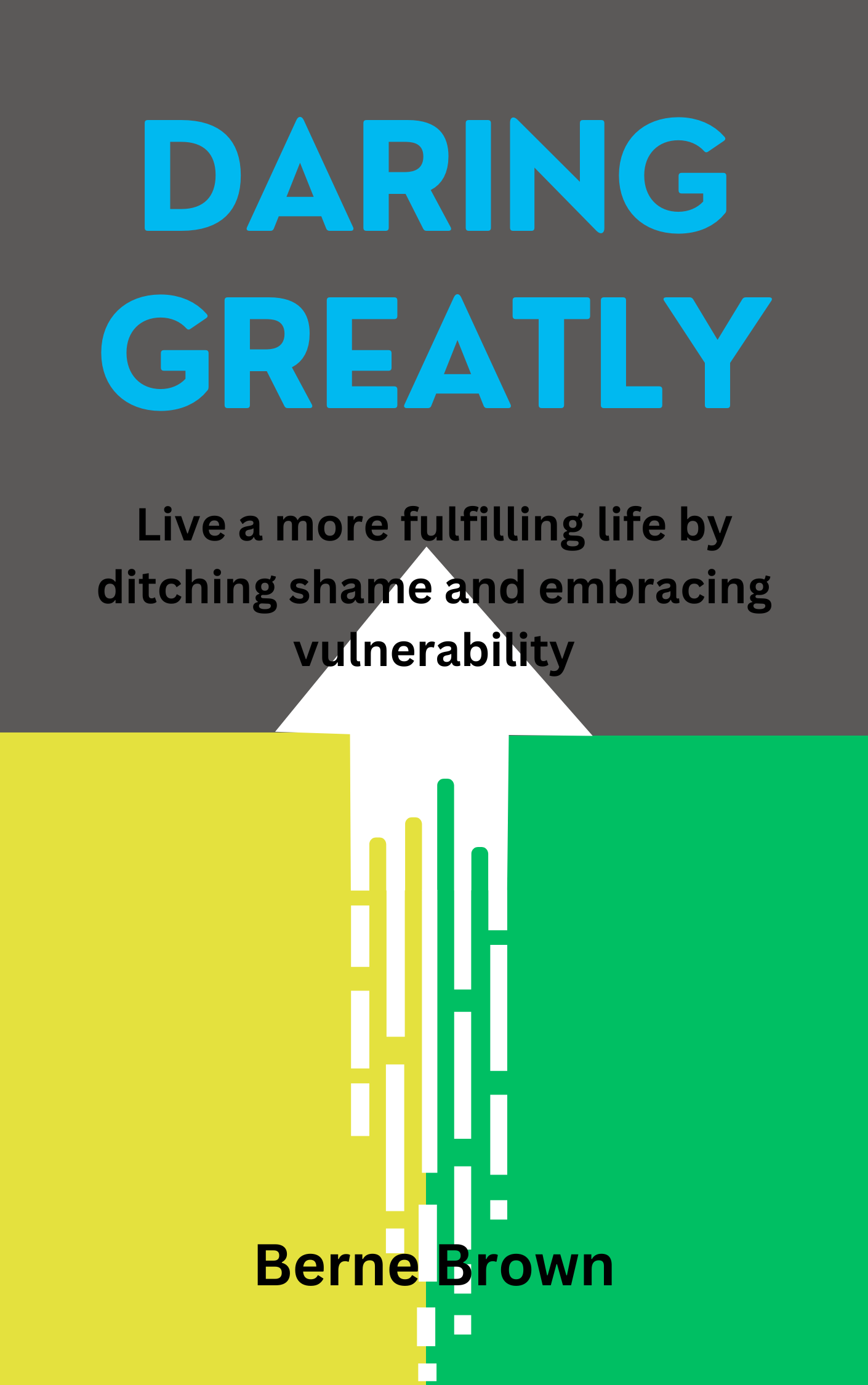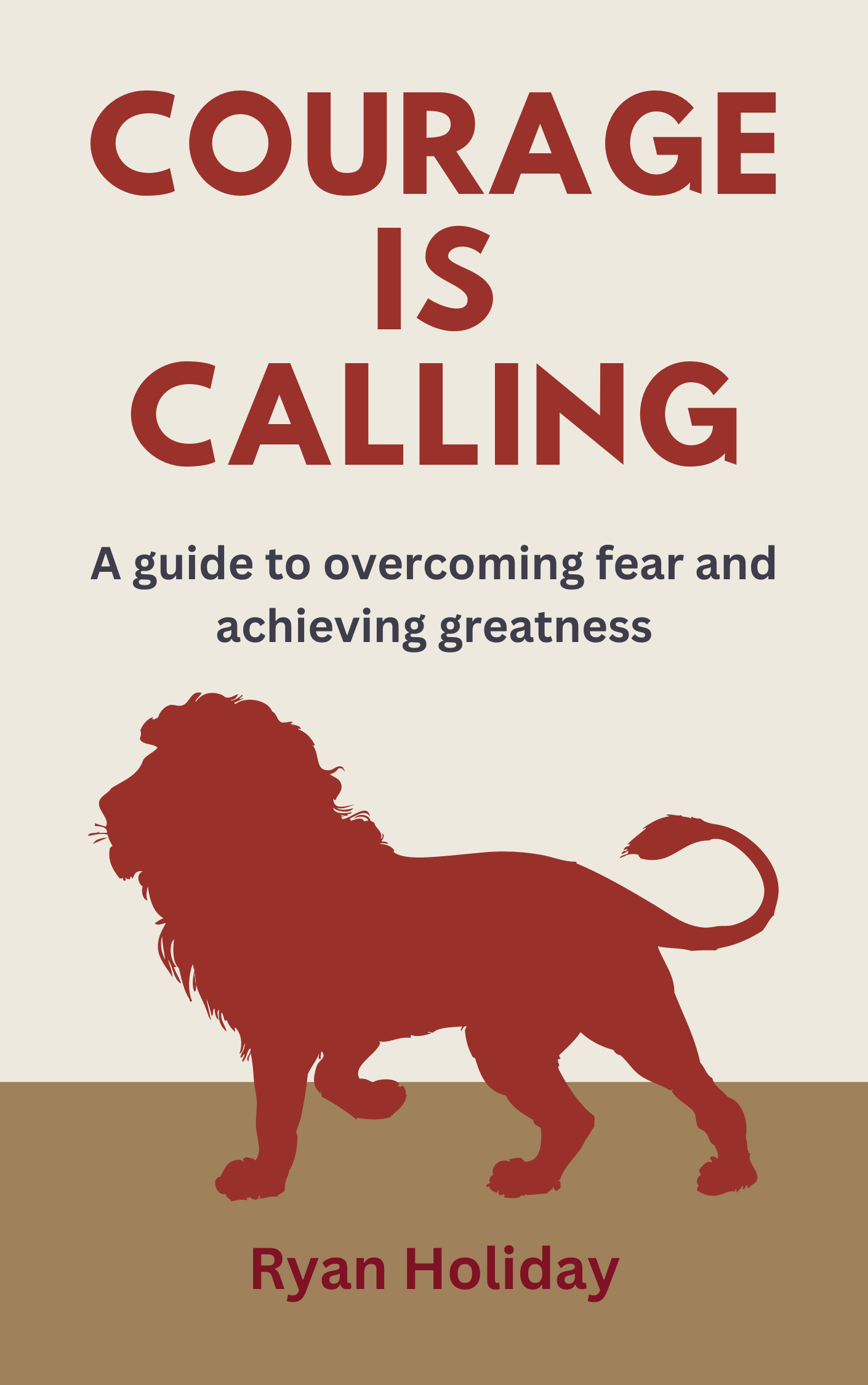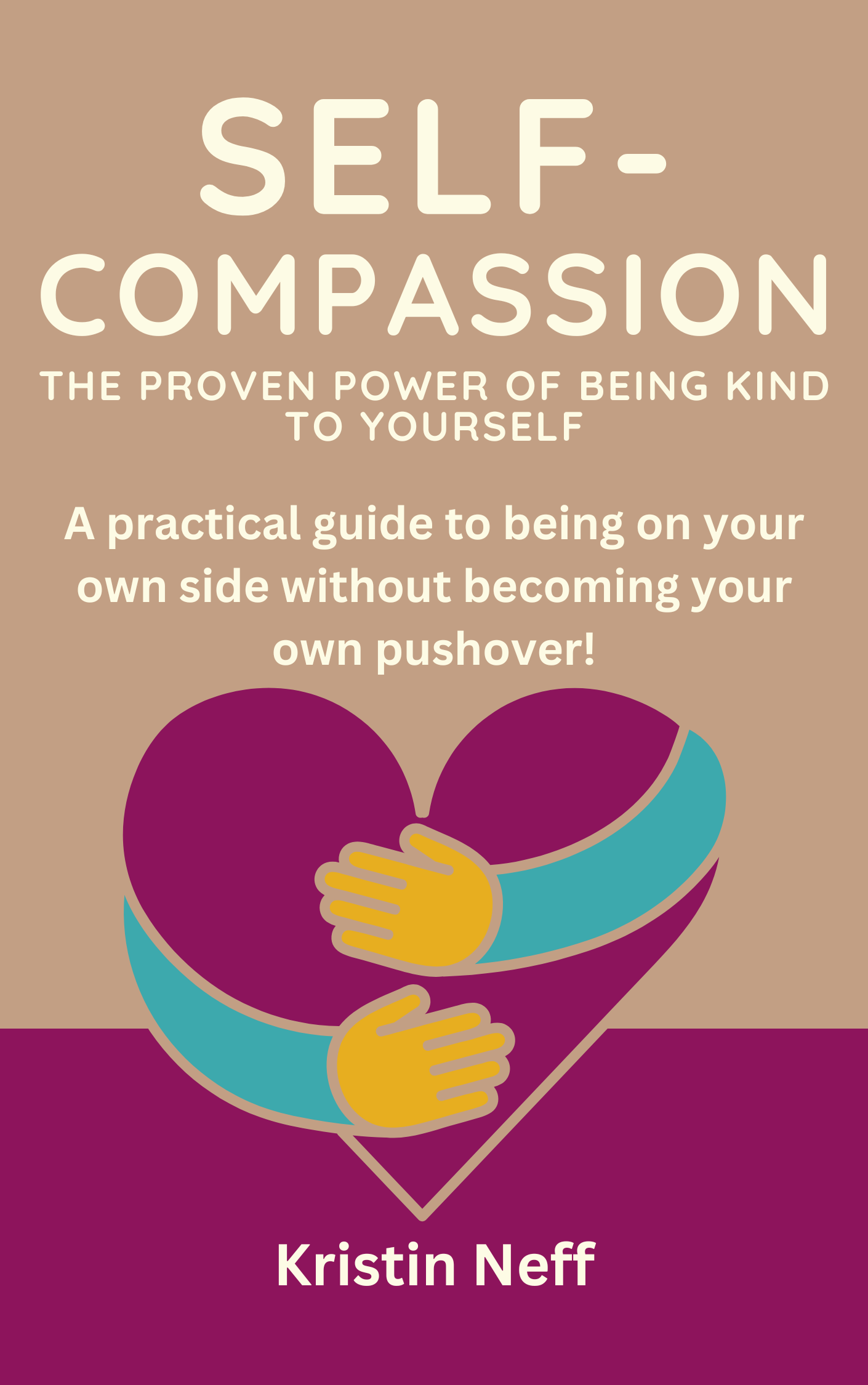Introduction
The night before her mother died, they laughed together at a basketball game, savoring their lives. 24 hours later, that woman was gone, felled by a shocking brain aneurysm. Just like that, Amy Morin lost the most vital woman in her life! She dealt with a series of blows after that - losing her young husband, and then facing her new father-in-law's cancer diagnosis. In that moment of despair, she channeled her emotions into a powerful act of self-reflection, and penned a list outlining 13 things mentally resilient people avoid. Sharing this list on her blog sparked a viral sensation, reaching over 50 million people. A year later, it transformed into a bestselling book. Which brings us here!
Morin’s "13 Things Mentally Strong People Don't Do" is about understanding the habits that hold us back when things get tough. By learning what mentally strong people avoid, you can build resilience, face challenges with confidence, and finally achieve your goals.
Here are the 13 things mentally strong people don’t do:
They don’t waste time feeling sorry for themselves
Life throws us challenges, some bigger than others. At times, they feel like devastating blows that we'll never recover from. Illness and death tops the list. Can you imagine being born with tetra-amelia syndrome, a condition that leaves you without limbs? This was the reality for Nick Vujicic, a man who has defied expectations and inspired millions.
This man had every reason to whine and curse his fate. Instead, he focused on what he could control: his attitude, his perspective, and his determination. He cultivated a sense of gratitude for his life, his family, and even the challenges he faced because they fueled his desire to make a difference. He became a motivational speaker, sharing his story of resilience and hope with audiences worldwide. Today, Nick is a successful author, husband, and father, a skilled communicator and advocate for disability awareness – living a life he once thought impossible. And that is what makes all the difference. The choice of focusing on gratitude over self-pity.
And we’re not the only ones saying this. A 2003 study published by The Journal of Personality and Social Psychology has shown that people who practice gratitude tend to have stronger immune systems, experience less physical discomfort, and even sleep better. AKA a healthier and more resilient you!
So, how to practice gratitude? When negativity starts to take hold, take a moment to acknowledge the good things in your life. Then take out your journal and write ‘em down, no matter how small. Take it up a notch and ask people what they're thankful for. Might just open your eyes to everything you're overlooking!
Done training your mind? Let’s move on to the next one.
They don’t give away their power
How often do you blame others for your emotions? We all say things like, "That traffic jam is making me late" or "My co-worker is stressing me out." But aren't we the ones choosing how to react and feel? When we let external factors dictate our feelings like this, we give them power over us. HUGE mistake
So, first up, take control of your vocabulary. Instead of "They made me so mad," try "I'm feeling frustrated right now." Remember, you choose how you react. Strong people don't let others control their emotions or actions. Agreed, sometimes other people's words or actions can totally throw you off; their criticism stings, or whatever. But, when we let others push our emotional buttons like that, we're basically handing them the remote control to our lives. And that's a no-go for mental strength! How else can you keep your power?
You write your own story, regardless of what people tell you.
Maya Angelou, a renowned poet and author, refused to let her crazy tough life of abuse, poverty and discrimination define her. Despite all the haters doubting a Black woman could write, she powered through and wrote the iconic bestseller "I Know Why the Caged Bird Sings" - proving we don't have to let negative feedback define us.
Forgiveness is another key to reclaiming control just like NYC police Officer McDonald who was shot by a teenager in 1986 while questioning him about bicycle thefts. The shooting left him paralyzed, forcing him to recuperate and live as a quadriplegic. Despite this tragedy, Officer McDonald and his six months pregnant wife chose to forgive the teenager. The teenager later apologized and Officer McDonald even hoped to travel with him to spread a message of peace. Unfortunately, the teenager died in a motorcycle accident shortly after his release from prison.
And just like that, by taking responsibility for your emotions and practicing forgiveness, you'll be well on your way to a happier and healthier life.
Now, maintaining your power also requires flexibility!
They don’t shy away from change
How do you view change? Do you welcome it with open arms or find yourself clinging to the familiar? If you constantly make excuses to avoid it, you'll find your life stagnant. And we don’t want that. Instead, embracing change, preparing for its challenges, and committing to it are the way to success. Like Caruso.
This guy started out as an actual clown in a circus, but realized that lifestyle had its limits. So while still doing his clown thing, he went to law school at night - can you imagine juggling all that? But it paid off. After getting that law degree, he switched gears to real estate and absolutely crushed it as a developer. Ended up starting his own company, The Caruso Company! And that, people, is the power of embracing change.
So, what strategies do mentally strong people use to navigate change? First off, weigh the pros and cons honestly. Make lists of what's good and bad about staying the same versus switching things up. Really think through the potential consequences. If you're still considering a change, try out something new for a week and see how it feels. Be real with yourself about the emotions driving your decision too, but don't let those feelings alone call the shots. Balance it with your rational thinking. And watch out for that negative self-talk trying to talk you out of it. Just because change feels uncomfortable doesn't mean you shouldn't do it - some of the best growth comes from pushing through challenges.
So, if you’re convinced, here’s how you can plan making the desired changes: break down your ambition into bite-sized workable chunks. Here’s the science behind it:
First, it reduces overwhelm. Achievable goals feel less intimidating than a complete overhaul. All or nothing is not the way to do it! Second, it gives a confidence boost, builds momentum, and self-belief. Third, it leads to habit formation. Making this change a natural part of your routine is SUPER important. You have to be consistent.
And that’s it! Change will be smooth like butter. But what about the things we can’t control?
They don’t focus on the things they can’t control
The afternoon sun beat down mercilessly on the endless line of cars. John was boiling with anger, cursing and banging his fist on the steering wheel. “Get a move on! I’m getting ridiculously late for the meeting.” He couldn’t stand being late because he wants so much to be in control.
Another person in a car next to him turned on his radio and hummed along to the tune of the song playing, vibing and enjoying it. “Let me enjoy, while I can. Traffic jams are not in my control. So, why bother?”
Get the point? Don’t wrestle with what life throws at you. Developing a balanced sense of control is all you need! How, you ask? Recognize your limitations and channel your energy into what you can truly influence. Some things in life are simply out of our hands, and no amount of stressing or throwing a fit will change that. The wise move is to know when to let go of that need for control. The sooner we realize that, the quicker we can refocus on what actually enriches our lives.
Clear? Let’s move on to the next quality, then!
They don’t worry about pleasing others
Meet Angela. She is a people pleaser. Just to return the favor for being invited over for lunch, she reluctantly invited Jenny to go to the mall with her. Reluctant because Jenny is a shopping freak and Angela wanted to just drop by to pick up a few things and come back soon.
On the other hand, Jenny accepted the invitation begrudgingly because she has other commitments. However, being a people pleaser like her friend, she couldn’t say, “No!”
Did you see the irony here? Both of them did not want to do the things but still went ahead just to please the other. Result? Both were miserable and caused more nuisance in each other’s life, unknowingly.
Besides, people pleasers also get the short end of the stick sometimes. Always putting themselves out there is just setting yourself up to be taken advantage of by the takers of the world. So, here are two life savers if you find yourself in a people-pleasing position just like Angela and Jenny:
Tip 1: Everyone’s happiness Isn't Your Responsibility: You can't please everyone all the time. A little disappointment won't hurt anyone.
Tip 2: Buy Yourself Some Time: Don't rush into saying yes. A simple "Thanks for asking! Let me check my schedule and get back to you" gives you room to breathe and say no comfortably.
On that note, you don’t have to say no to EVERYTHING. Sometimes, stepping out the comfort zone can do wonders. Let’s see how!
They take calculated risks
Many people fear taking risks, especially when it comes to pursuing dreams. They worry that the chance of failure outweighs the potential rewards. But get stuck on the fear of the negative and you’ll never get to live the life you desire. So, is taking blind leaps the answer? Short answer: No! Here’s why.
Big decisions require careful thought. Just like with changes, you gotta evaluate risks by considering potential costs and benefits, how they align with your goals, and what alternatives exist. Think about the best and worst-case scenarios, and how significant this decision might be in the long run. Only then can you make well-informed choices. That means fine-tuning those risks. Mentally strong folks know how to dial it in just right, finding that sweet spot where the potential payoff outweighs the possible pitfalls.
Let’s look at Richard Branson - the founder of Virgin Group. This guy has taken calculated risks throughout his career. Despite struggling with dyslexia as a kid, Branson was able to launch a bird-breeding business at just 15. Now, he rules a $5 billion empire! A prime example of his calculated risk-taking was launching Virgin Atlantic airways. Instead of recklessly going all in, Branson leased their first plane temporarily and kept the new airline separate from his other Virgin ventures to limit just-in-case losses. Another tough but calculated risk was selling his very successful record label Virgin Records in 1992. A crazy, but calculated risk to provide a cash influx to invest in Virgin's other growing businesses. Risk-taking done right, won’t you say?
Step outside your comfort zone. Whether it's conquering a fear of public speaking or pursuing a creative passion, taking calculated risks helps you grow and overcome obstacles. Start by identifying what holds you back. Perhaps those fears aren't as insurmountable as they seem. Take baby steps – sign up for a class, join a club, or simply try something new. As you build confidence through these smaller steps, you'll be better equipped to tackle larger challenges in the future.
Now, while you’re at it, we have one other piece of advice for you. Let go of what happened.
They don’t dwell on the past
Most of us feel stuck in a loop. Maybe you replay past moments, wondering what could have been, or constantly worry about the future. These are all manifestations of a bad habit - that of being in what's not the present. Constant worry about the future, and the ripple effects of your decisions, eating away at the present. Or, you focus on the past, and then it spills over into negativity about the present! Fixate on either one, and the others get out of whack. So, how do we stop dwelling on the past?
Let’s learn from Hawa Abdi. Her life began amidst the turmoil of war-torn Somalia. Forced into a refugee camp at a young age, she faced immense hardship. Yet, a dream took root – becoming a doctor. With unwavering determination, Hawa studied diligently, her perseverance amidst hardships won her a scholarship to study medicine in the US, going on to become a renowned surgeon of today. Like Dr. Abdi, we all have the power to move forward from our pasts. Here’s how:
Acknowledge the experiences that shaped you, both positive and negative. That means, accept what's happened. Seriously, no amount of wishing is gonna change history. So, learn from it, and use it as fuel for your future. Practice forgiveness, and release the burden of negativity. This might mean forgiving someone who hurt you – tough, but freeing! By letting go, you create space for new beginnings and a brighter future. In fact, when you catch your mind wandering down memory lane (again), redirect it. Dream up stuff for your future - some exciting new goals. That awesome book you wanna buy, or just anything exciting! The more you practice future-focused thinking, the less power the past will have over you.
With “letting go” out of our way, another lesson to be learned is to avoid repeating mistakes.
They don’t make the same mistakes
Imagine being a kid, getting a bad grade, and feeling like the world is ending. Would you give up your education altogether? One mistake, and you’re over? NOPE! Not if you learn from that mistake!
Meet Rowland Macy. This 19th-century dude opened a store in a sleepy town. Big mistake – no customers! So, he threw a huge parade to drum up business. Guess what? On the day of the parade, the weather was unbearably hot. As a result, hardly anyone showed up, and Macy's went bust. Talk about a flop!But Macy wasn't one to quit. He learned from his mistake. Next time, he opened his store in a bustling New York City location. Boom! Macy's became a mega-hit! See? Mistakes can be stepping stones to greatness!
If you want to break the cycle of repeating mistakes, really look at what went wrong. Don't get all defensive about it. Just be real with yourself about what thoughts and actions led you down that road again. Think about the hard facts of the situation. Analyze them. What else contributed to this mistake? Then look for things you could have done better. Maybe you weren't committed enough? Got overconfident? And then make a brand new game plan that avoids all that. Easy-peasy. Sort of!
And self-discipline!! The best way to avoid repeating mistakes. How? Let’s say you want to get fit and start running, but hitting the snooze button every morning throws you off track. The self-discipline strategy is to lay out your running clothes and shoes the night before. Set your alarm across the room so you have to physically get out of bed to turn it off. These small steps make it harder to procrastinate and easier to stick to your commitment.
Clear? Then let’s learn how not to be jealous of other people’s success.
They don’t resent the success of other people
Mentally strong people don’t give up after first failure
You must have studied relentlessly for a big exam, but the results come back disappointing. Or perhaps you poured your heart into a job application, only to be met with a rejection letter. It's easy to feel defeated in these moments.
Here's the thing: these setbacks are often fueled by limiting beliefs. These are negative thoughts we hold about ourselves, like "I'm not good enough" or "I'm just not cut out for this." They hold us back from trying again.
Instead, channel your inner Thomas Edison, the light bulb guy. Brilliant, right? Well, do you know that he also invented a not-so-bright "electric pen" and a, probably creepy, "ghost machine?." These weren't exactly bestsellers, but Edison didn't see them as failures. Each one was a lesson learned, a nudge closer to a brighter idea (pun intended!).
Now, here’s how you make this mindset shift of seeing failure as an ally: ditch these limiting beliefs and practice self-compassion. See, natural abilities ain't everything. Put in the hard work and never give up, even when it's a struggle. Practice is what makes perfect, even if "perfect" takes a few stumbles. Pairing it up with self-compassion adds a cherry to the top. Be kind to yourself and don’t be the harshest critic for yourself. Failure is a detour, not a dead end, okay? Learn from it, adjust your approach, and keep pushing forward. You'll find your own success, just like Edison eventually found his light.
Next, it’s time to embrace the beauty of “me-time.”
Mentally strong people don’t fear alone time
Between city sounds, work chatter, and the TV buzzing in the background, it is easy to be overwhelmed. Silence seems like a rare commodity. And here's the secret: a little quiet can go a long way.
Research shows that embracing silence isn't just peaceful, it's powerful. It's a chance to recharge, unleash creativity, and reconnect with yourself. Instead of drowning your thoughts in noise, carve out ten minutes a day for pure silence. No phone, no TV, just you and your mind. Use this quiet time to reflect. Are you on track with your goals? What new dreams spark joy? Jot them down in a journal to keep the inspiration flowing. Want to take it a step further?
Schedule"me-time." Block out time in your calendar to carve out a sacred space for solitude. Instead of passively scrolling through social media, embrace activities that nurtured self-reflection – like meditation, mindfulness or journaling. It will be the key to a calmer mind and a better night's rest. Silence can be the gateway to meditation. Studies show it rewires your brain for the better, boosting focus, reducing anxiety, and even improving sleep. From stress relief to pain management, the benefits are endless.
So, ditch the noise. Silence isn't empty, it's an opportunity waiting to be unlocked. Embrace it, and discover the hidden power within.
Done with this one? Let’s jump to the next one.
Mentally strong people don’t feel that the world owes them anything
Many children today grow up with a constant stream of praise, even for minor achievements. While celebrating progress is important, when parents don't teach responsibility, it can foster entitlement. As if they deserve the royal treatment just for existing. This is only going to undermine their ability to actually put in the effort to earn success. A sense of entitlement makes them demanding and unrealistic instead of doing the hard work. And c'mon, who likes a spoiled brat? Here's the deal: The more you think you deserve special treatment, the less likely you are to actually earn it. Plus, always taking and never giving is a surefire way to make people avoid you
Take the case of the "Mansion Mayhem Party" in California. A group of teenagers from wealthy families trashed a multi-million dollar mansion during a wild party. Their sense of entitlement, fueled by privilege and a lack of past consequences, led to this destructive act.
Social media posts showcasing their lavish lifestyles further fueled public outrage. Defense attorneys argued for leniency due to their age and lack of a criminal record. Surprisingly, the teenagers received probation, community service, and restitution, but avoided jail time.
This behavior often translates into adulthood. So, how do we avoid acting entitled? Best thing is to nip it in the bud. As in, become aware of whenever any entitled thoughts creep in. Only then can you work on removing them. Then firstly, ditch the "know-it-all" attitude. We all have room to learn, and a growth mindset is way more attractive than a stubborn one. Second, instead of cribbing at criticism, take a deep breath and listen. Maybe they have a point! A little humility opens you up to valuable insights that can help you improve.
Remember, true success comes from taking ownership of your actions and focusing on what you can contribute. The world doesn't owe you anything, but by working hard, taking responsibility, and striving to make a positive impact, you'll build a life far richer than any participation trophy.
It is also important to understand the importance of perseverance. How? Let’s explore!
Mentally strong people don’t expect immediate results
Ever started a project with a burst of enthusiasm, only to see it fizzle out a few weeks later? Well, studies show that people often ditch their goals way too soon. In fact, a 1989 study found a whopping 75% of people gave up on their New Year's resolutions within a week!
Why the short attention span? Here's the thing: most of us set unrealistic expectations. We picture instant success, forgetting the hard work and dedication it takes to get there. Think of building a muscle - it doesn't happen overnight, right?
Another culprit is rigid deadlines. Sure, it's good to have a target, but don't get discouraged if you don't hit it exactly. Life throws curveballs, and sometimes your "8-week plan" turns into a "20-week journey." Be flexible and adjust as needed.
Remember: the key to achieving goals is perseverance. Resist instant gratification and focus on the long term. Break down big goals into smaller wins. To stay motivated, celebrate each accomplishment and enjoy.
Remember, success is a marathon, not a sprint. Progress can be slow and subtle. There will be times you don't see immediate results, but that doesn't mean you're not moving forward. Keep at it, and trust the process. Just like a seed takes time to sprout, amazing things can blossom from your dedication. So, ditch the get-rich-quick schemes and embrace the power of patience. It might just be the secret weapon that takes you from fizzle to finish.
Chapter 16
Details coming soon.

